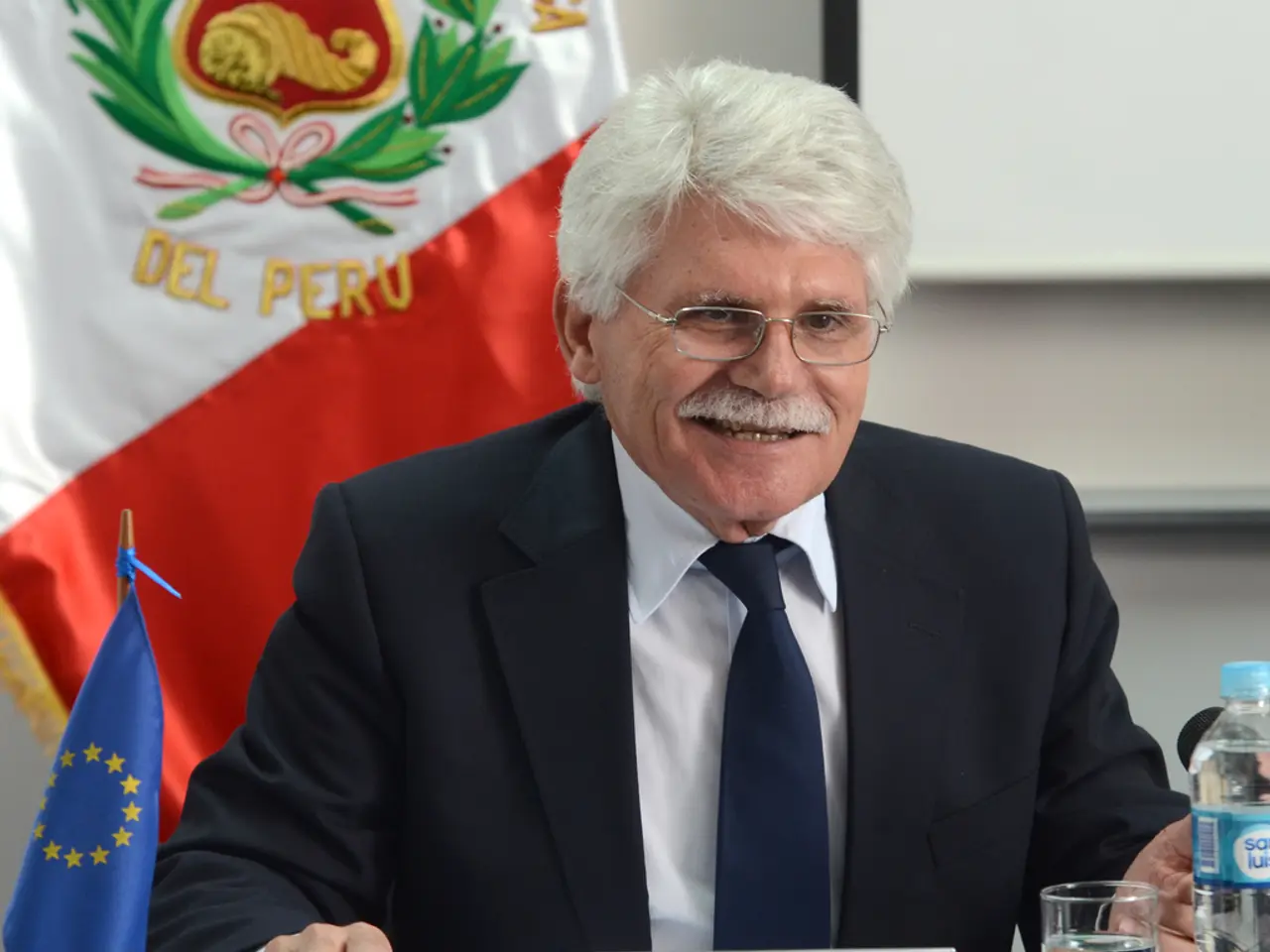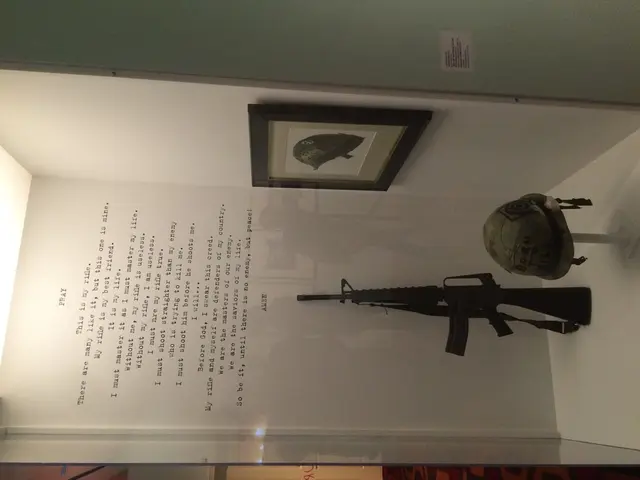Troubles of the Pizarro Residence: The Frequent Imprisonment of Peruvian Presidents
In the heart of South America, Peru has witnessed a tumultuous political landscape over the past 25 years. A country rich in natural resources and cultural heritage, it has been plagued by corruption and political instability, with ten heads of state taking office, twice as many as one might expect.
Two presidents, Francisco Sagasti and Valentín Paniagua, stand out as the only ones against whom no cases have been opened so far. However, the majority of their predecessors have faced legal challenges.
Alberto Fujimori, who served as president from 1992 to 2000, was one such leader. Convicted and imprisoned on charges related to corruption and human rights abuses, he is currently serving his sentence in "Barbados," a special prison for former Peruvian presidents incarcerated for corruption. Fujimori was tried on a variety of charges, including corruption, abuse of power, human rights violations, and the creation of death squads. He was handed over to Peruvian justice after fleeing the country.
Fujimori's successor, Ollanta Humala, also faced legal challenges. Though his case was more complex and involved pre-trial detentions, he was arrested on charges of money laundering, receiving bribes from Odebrecht, and creating a criminal organization.
Six out of the ten heads of state have been removed from office and ended up in jail for corruption. One such case is Manuel Merino de Lama, who was forced to resign due to protests and faces a real prison sentence in a case involving bribery in the procurement of medical masks and vaccines during the pandemic.
The right-wing liberal Alejandro Toledo, who served as president from 2001 to 2006, also fled to the US to escape corruption charges involving $20 million from the Brazilian corporation "Odebrecht." He was eventually extradited to Peru and ended up in "Barbados."
Corruption has ensnared not just politicians but also prosecutors, judges, journalists, and representatives of law enforcement in Peru. The COVID-19 pandemic revealed that Peru's macroeconomic indicators are an illusion, and the country faces issues such as inequality, child hunger, widespread corruption, and low trust in authorities.
The political system in Peru allows parliamentarians to initiate an impeachment process based on political accusations, leading to endless infighting among deputies, parties, and presidential administrations. This was evident in the case of Pedro Castillo, who was arrested on charges of criminal activity and rebellion after trying to dissolve Congress.
Dina Boluarte, vice-president under Castillo, faces numerous corruption, nepotism, and influence peddling charges, including the "Rolexgate" scandal. Pedro Pablo Kuczynski resigned and was arrested after manipulating to pardon Fujimori and being accused of ties to Odebrecht.
In December 2023, the court released Fujimori, but he died without fully enjoying his freedom in September 2024. Despite the release, the legacy of corruption and political instability continues to cast a long shadow over Peru's political landscape.
Read also:
- Peptide YY (PYY): Exploring its Role in Appetite Suppression, Intestinal Health, and Cognitive Links
- Easing Pedestrian Traffic Signal Pressure
- Astral Lore and Celestial Arrangements: Defining Terms & In-Depth Insights - Historical Accounts & Glossary of Cosmic Mythology
- ICE directed to enhance detention conditions following NYC immigrants' allegations of maltreatment








